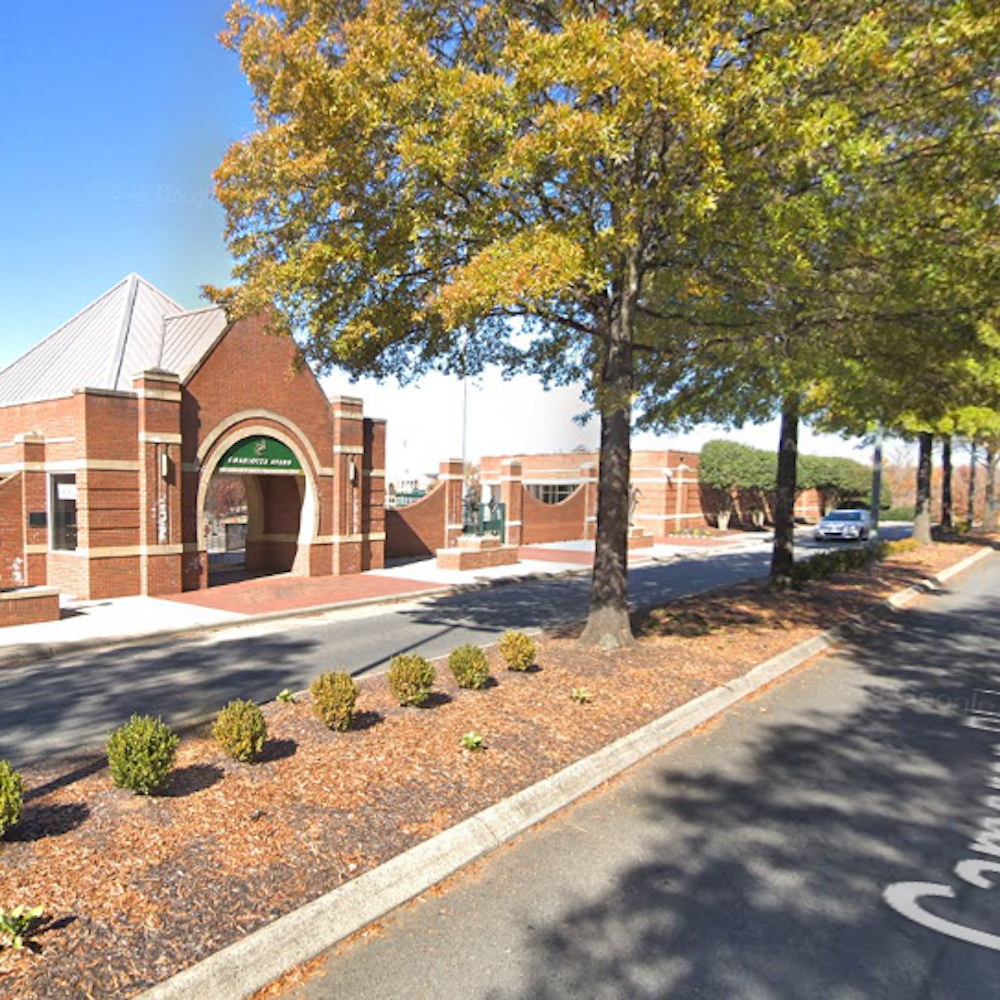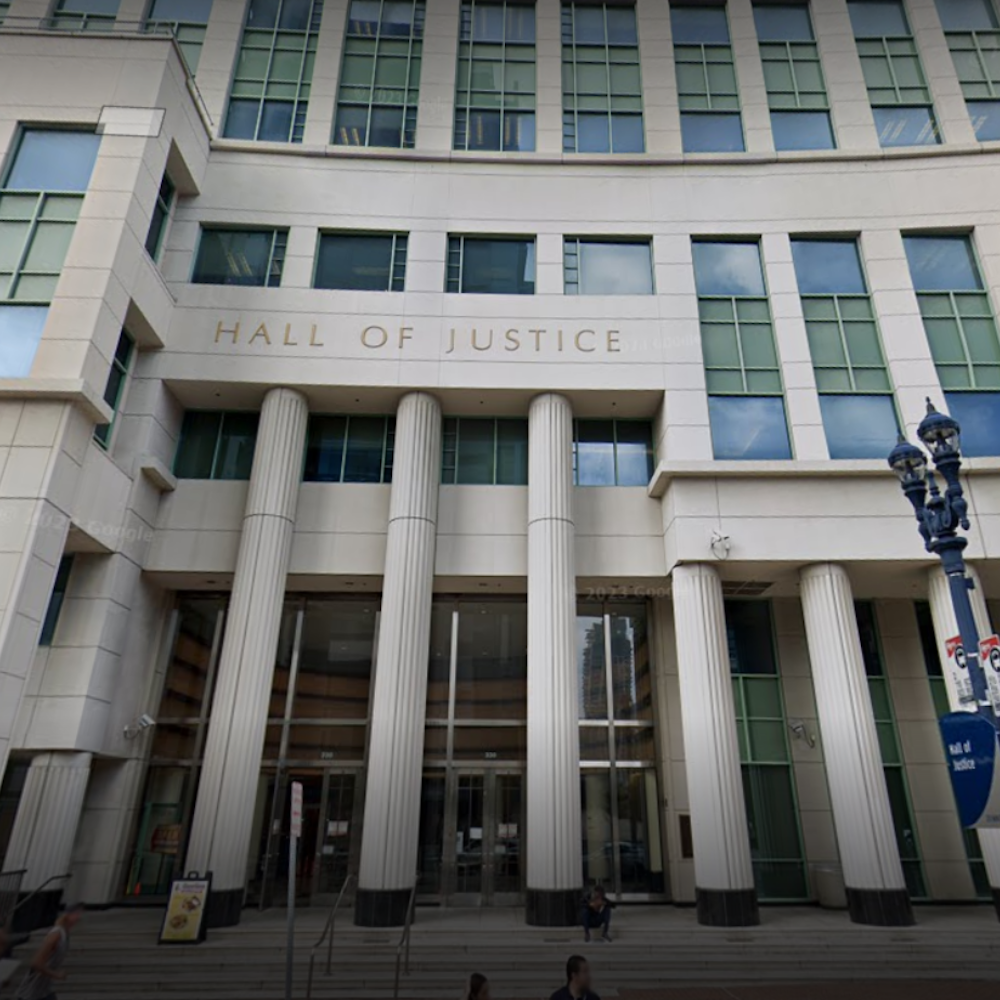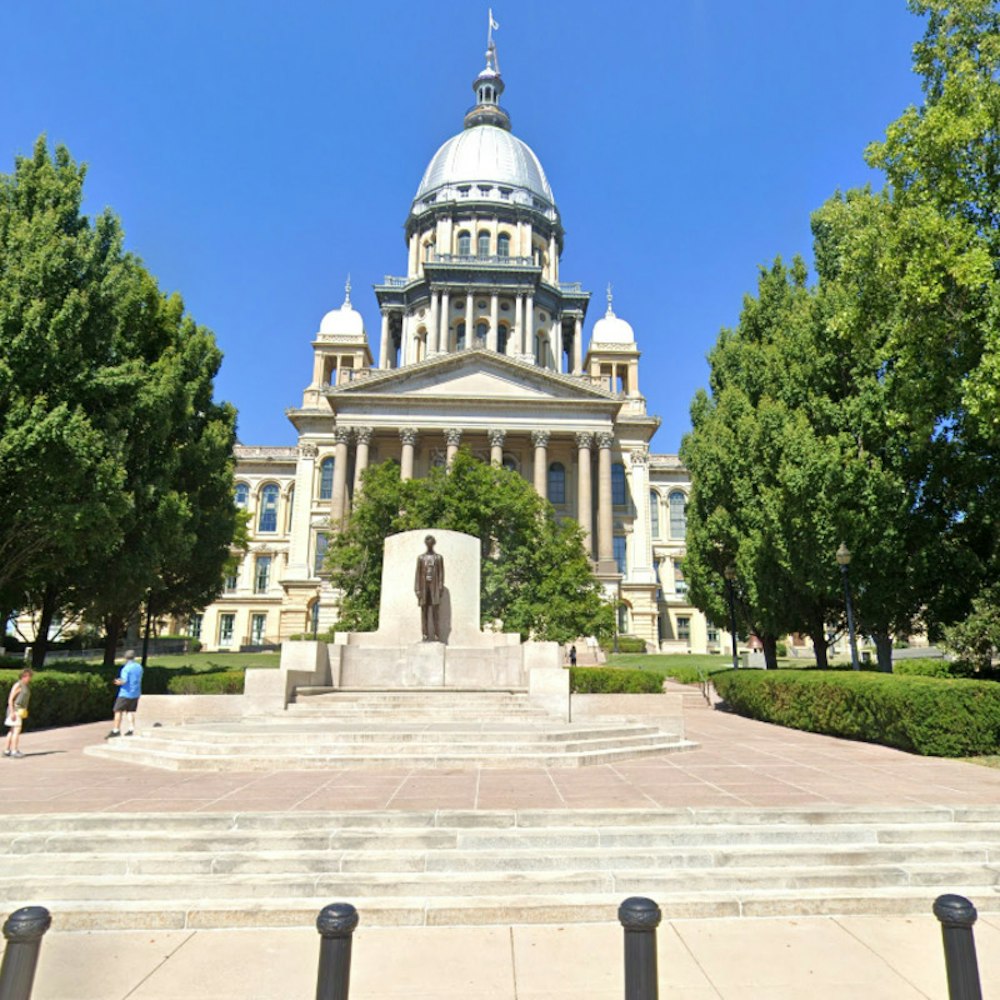
Baltimore City Councilman John Bullock is spearheading a legislative proposal to uplift the wages of tipped workers in the city, aiming to phase out the subminimum wage system over a five-year period. Set to begin in 2025, the ordinance seeks to gradually raise tipped workers' base pay to $15 an hour by 2029, starting at $6 an hour and increasing by $2 annually, as reported by CBS News Baltimore. Currently, the tipped minimum wage stands firmly at $3.63, with Maryland state law mandating employers to bridge any pay gaps should total earnings, including tips, fall below $15 an hour.
In discussing the bill, Bullock emphasized the instability of relying on tips alone, expressing a desire "Having a standard minimum wage, having predictability, is very important for people trying to support their families," he told WYPR. The proposed staple in the legislation is to make the base wage predictable, providing stability for many, especially women and people of color who predominantly make up the server workforce in Baltimore City.
The historic vestiges of the subminimum wage system are claimed to be rooted in racial inequity, with One Fair Wage (OFW), an advocacy organization, labeling it a remnant of slavery and Jim Crow, initially implemented to capitalize on newly freed Black workers, particularly women, by making them depend on tips instead of ensuring fair wages. OFW president Saru Jayaraman has worked with lawmakers for increased wages for tipped workers earning below the $7.25 federal minimum, though past efforts in Annapolis have stalled, as detailed by WYPR.
Backing Bullock's proposal is an array of supporters including SEIU 1199, the Baltimore Young Democrats, and various civil rights groups. Despite opposition anticipated from the Restaurant Association of Maryland, Councilman Bullock maintains that the proposed bill will not unduly burden consumers, saying, "I'm okay with the minimal uptick in terms of the charge," in a bid to ensure that "folks are making a fair wage," according to WYPR. In contrast, the Restaurant Association stated concerns that the elimination of the tip credit might lead to reduced server earnings if restaurants were forced to add service charges to cover the increased labor costs. "Customers are unlikely to tip on top of service charges. And there would be no incentive for servers to provide the best possible customer service if they were no longer rewarded with tips." the association contended in a statement, as reported by WMAR2 News.
As Baltimore citizens, advocacy groups, and political leaders debate and mobilize around the wage bill, the proposal represents a palpable shift in the narrative surrounding labor, wages, and the appreciation of a workforce that has traditionally been categorized as less than the sum of its strenuous parts. The coming months will be critical in determining the livelihoods of tipped workers as the Baltimore City Council deliberates over this transformative legislation.









